
Finding the Bunny: How to Make a Personal Connection to Your Writing
Having trouble finding the motivation to complete assignment? This article reviews strategies for making a personal connection to any writing project—even those that don’t immediately spark your interest.

Ableist Language – Disability Metaphors – Disability Studies
Ableist language refers to language that dehumanizes and marginalizes people with disabilities. Learn how to identify ableist language in your texts and the texts of other. Adopt a style of writing that is accessible to those with disabilities. Expand your sense of audience and work towards more access and equity for those with disabilities.
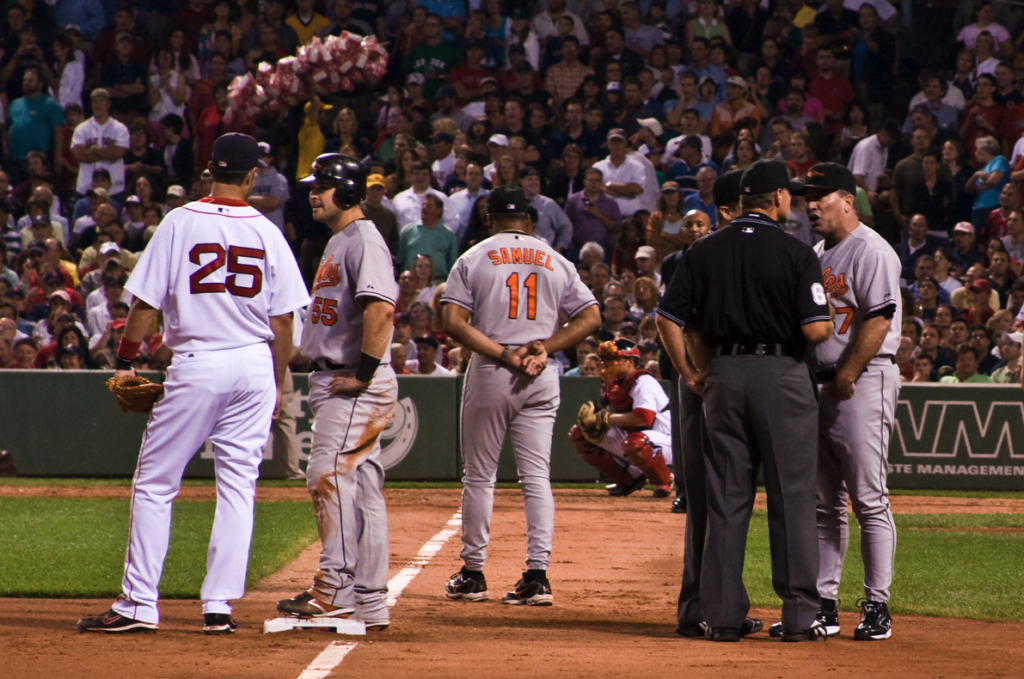
Counterarguments – Rebuttal – Refutation
Ignoring what your target audience thinks and feels about your argument isn’t a recipe for success. Instead, engage in audience analysis: ask yourself, “How is your target audience likely to respond to your propositions? What counterarguments — arguments about your argument — will your target audience likely raise before considering your propositions?”

Student Voices
A new initiative at Writing Commons, begun in the fall 2023 semester, Student Voices aims to provide a public forum for outstanding undergraduate writing. We are open to works of fiction or nonfiction. We welcome traditional alphabetical texts or multimedia. Your submission must affirm the writing was produced as required coursework.

Workplace Writing
This article introduces workplace writing as an umbrella term that encompasses written and visual communication within sites of work—an activity that students across academic majors will need to accomplish in their careers.
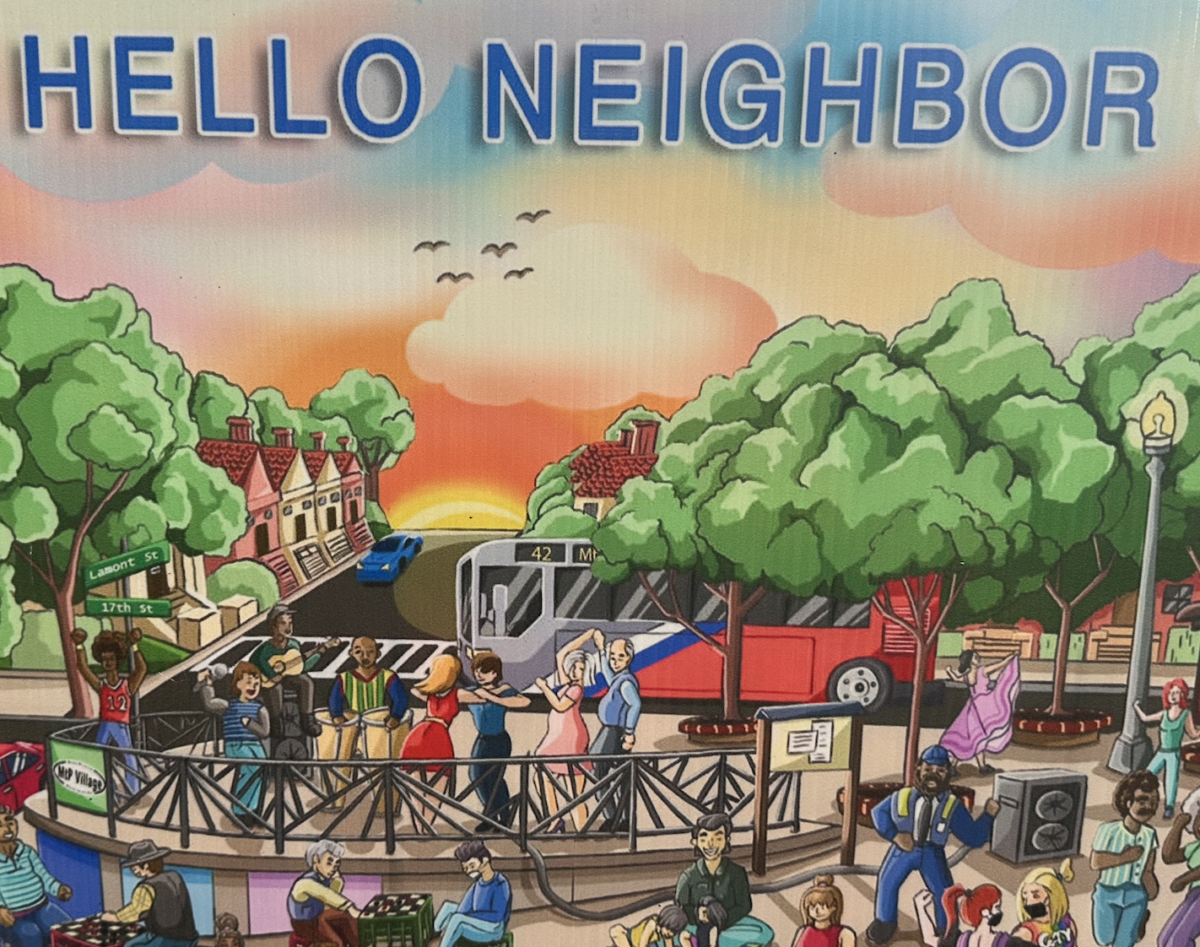
Pronouns and Inclusivity – How Are Pronouns Tied to Inclusive Language?
Gender-neutral pronouns have been the subject of debate for hundreds of years. Find out how the debate began and where the writing community stands on inclusive pronoun use today.
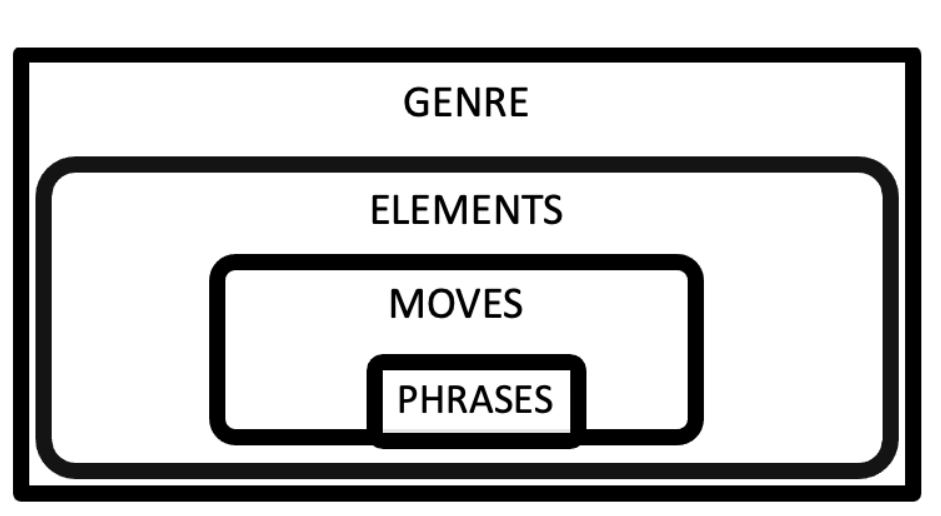
Rhetorical Moves in Academic Writing
Rhetorical moves refers to a stretch of text that does a particular job. Learn the rhetorical moves of expert writers to advance the clarity and persuasiveness of your work.

Academic Writing – How to Write for the Academic Community
Academic writing refers to the writing style that researchers, educators, and students use in scholarly publications and school assignments. An academic writing style refers to the semantic and textual features that characterize academic writing and distinguish it from other discourses, such as professional writing, workplace writing, fiction, or creative nonfiction. Learn about the discourse conventions of the academic community so you can write with greater authority, clarity, and persuasiveness (and, in school settings, earn higher grades!).

Professional Writing – How to Write for the Professional World
Professional writing is fundamentally transactional: usually if you are writing it is because you are trying to solve some kind of a problem. Your audience — the people you are writing to — probably need to do something in response to your writing. They may not be expecting your writing. They probably don’t want to read your writing. Your writing is interrupting their day. So, if you’re gonna bother them you need to make it worth their time. Learn about the style of writing that characterizes the texts of professional writers in workplace writing contexts. Master the discourse conventions of professional communities of practice.
Popular Articles
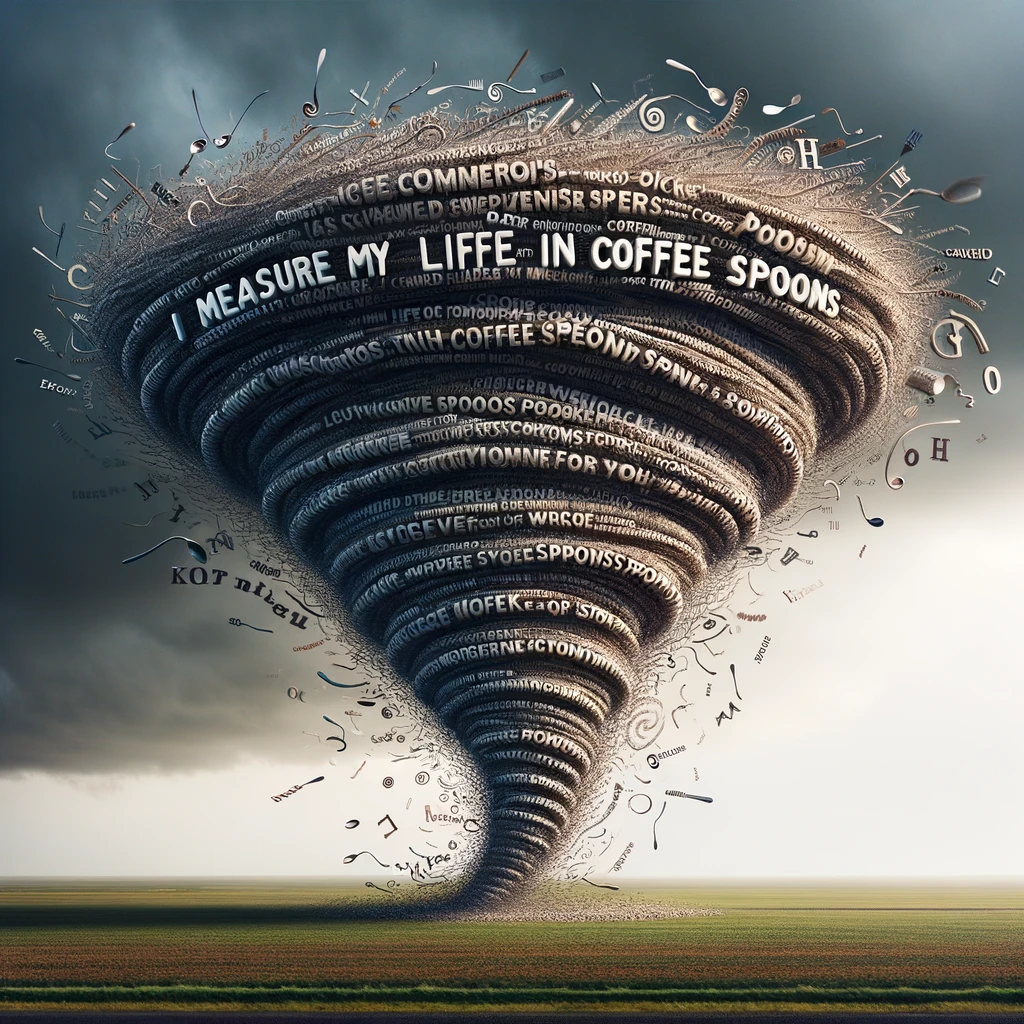
Corpus Linguistic Analysis – A Bird’s Eye View of Writing
Language is vast, and when we read, we often focus on individual words, sentences, or specific texts. This narrow perspective can cause us to overlook broader patterns and trends. For instance, it’s easy to miss the recurring linguistic choices that individuals make, both fruitful and less effective, especially in academic writing. However, by taking a step back and observing language from a broader, bird’s-eye perspective, we gain a clearer understanding of the unique characteristics of different texts. Recognizing and studying these patterns helps improve your comprehension and mastery of written language.
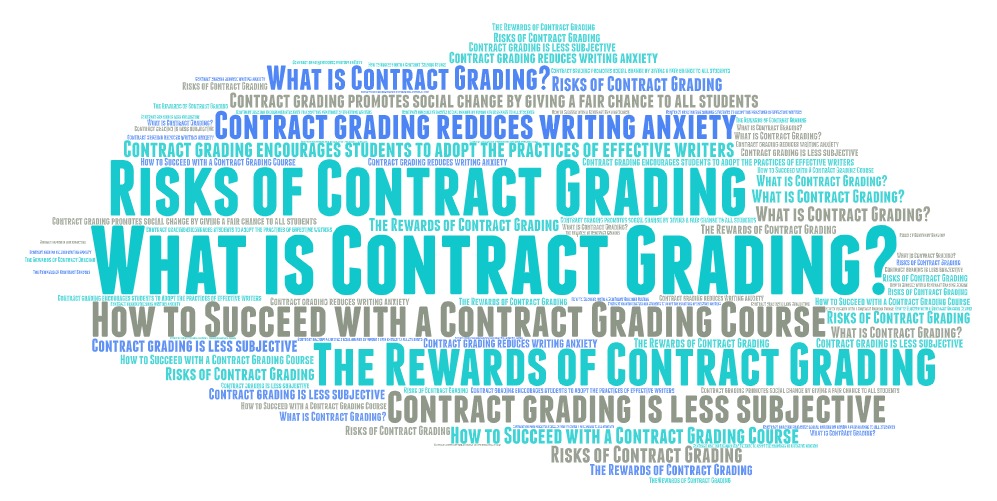
Contract Grading – So Your Instructor is Using Contract Grading…
Educational psychologists have shown that grades can undermine student engagement with their own work, making them more focused on grades than on learning (Kohn 29). As a result, students are often more concerned with how to get an “A” than how to write effectively for different audiences, purposes

Rhetorical Analysis in the Real World: A Useful Thinking Tool
As a citizen and a scholar, I use rhetorical analysis to sort out questions about politics and relationships. In everyday life, rhetorical analysis is a valuable tool for understanding and preparing to engage in the world.

Rhetorical Appeals: An Overview
Rhetorical appeals are strategic tools writers use to effectively persuade their audience. Comprising ethos (credibility), logos (logic), pathos (emotion), and kairos (timing), these appeals form the backbone of influential persuasive writing. By understanding and harnessing these appeals, you’ll not only recognize them in the texts you read but also enhance your own writing, making your arguments more compelling and impactful.

Using First Person in an Academic Essay: When is It Okay?
This essay explores the circumstances under which using the first person in an academic essay is acceptable. In academic writing, the use of the first person—expressed through pronouns such as “I”, “me”, “my”, and “we”—is in a state of flux. Historically, scholars were advised to avoid the first person to maintain objectivity and a formal tone. In school settings, students were often told to set their own opinions aside and write summaries and reviews of literature. Yet recently, especially in the humanities, qualitative researchers have questioned the possibility of objectivity and this convention of avoiding the first person. Instead, these theorists argue that researchers and writers can be more authoritative by employing the first person.
Recommended Articles

The Ultimate Blueprint: A Research-Driven Deep Dive into The 13 Steps of the Writing Process
This article provides a comprehensive, research-based introduction to the major steps, or strategies, that writers work through as they endeavor to communicate with audiences. Since the 1960s, the writing process has been defined to be a series of steps, stages, or strategies. Most simply, the writing process is conceptualized as four major steps: prewriting, drafting, revising, editing. That model works really well for many occasions. Yet sometimes you’ll face really challenging writing tasks that will force you to engage in additional steps, including, prewriting, inventing, drafting, collaborating, researching, planning, organizing, designing, rereading, revising, editing, proofreading, sharing or publishing. Expand your composing repertoire — your ability to respond with authority, clarity, and persuasiveness — by learning about the dispositions and strategies of successful, professional writers.
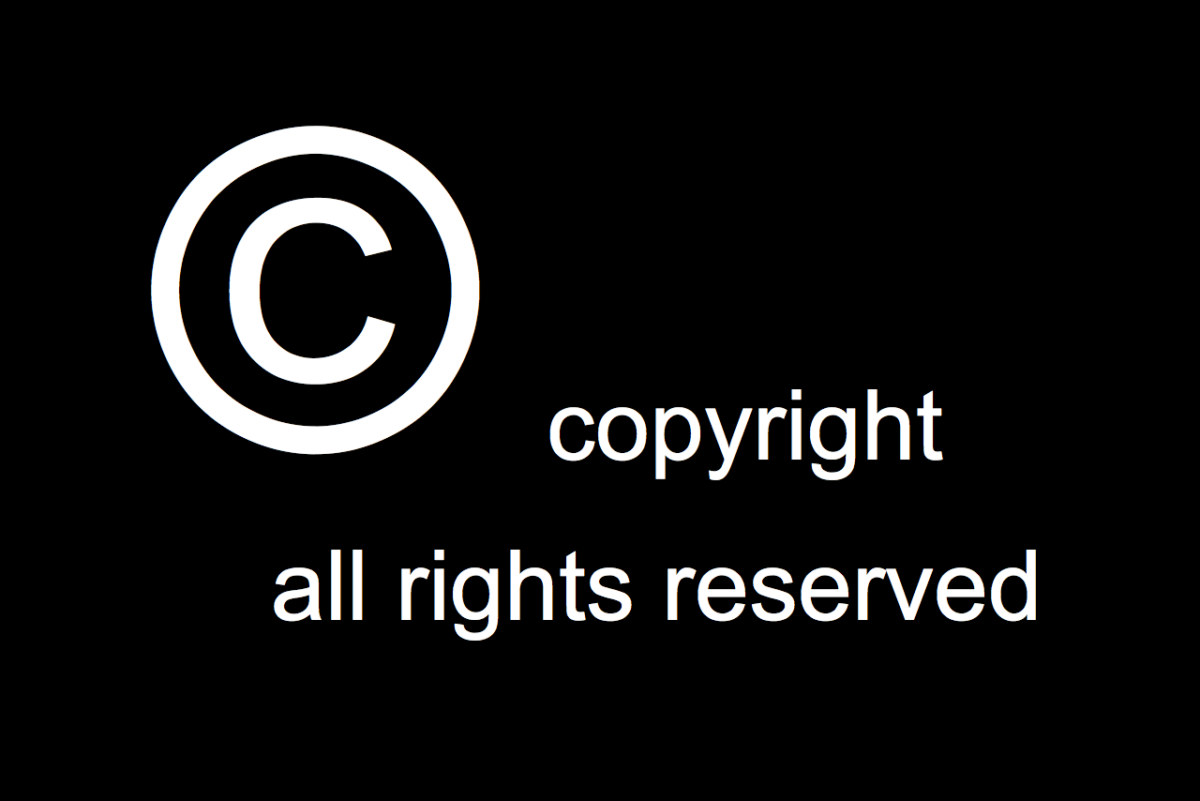
Copyright
Copyright refers to intellectual property laws that grant an exclusive legal right to creators to control the copying and public exhibition of their original creative works. By default, in the United States copyright law protects the original works of authorship. Alternatively, authors may use a Creative Commons copyright to license their work. Learn about copyright and fair use (copyright exceptions) so you can avoid academic and legal penalties associated with copyright infringement and plagiarism.

Felt Sense
Felt Sense is prelinguistic, murky, vague–and yet it some conveys deep meaning. Felt Sense is “the soft underbelly of thought . . . a kind of bodily awareness that . . . can be used as a tool” to help you distinguish between what you’ve said or written and what you really hope to say or write. Review scholarship on felt sense and its role during composing. Learn to work with your felt sense to realize your creative potential.
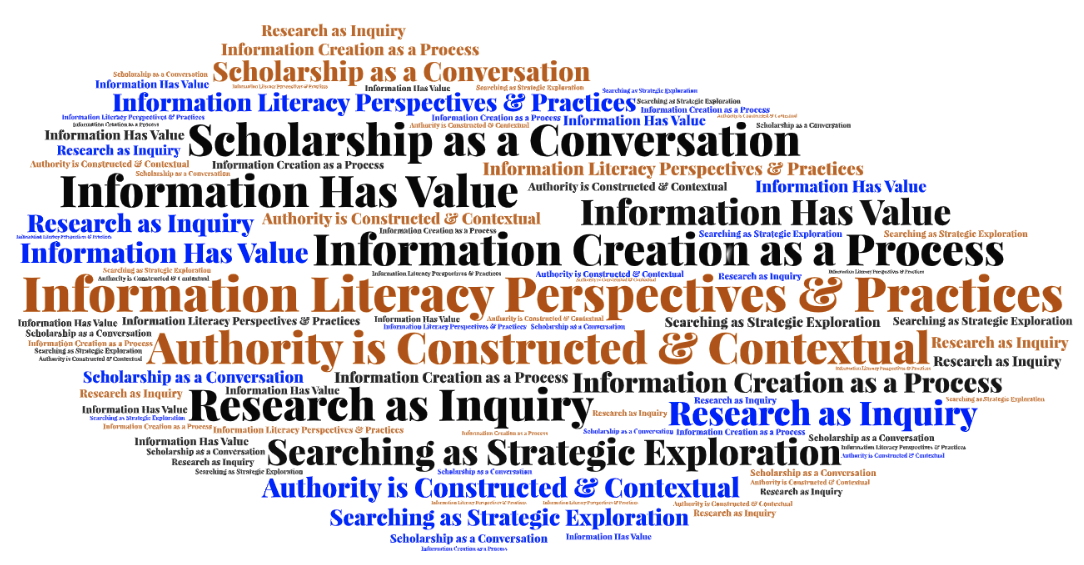
ACRL Information Literacy Perspectives & Practices
In an era where almost anything can be digitally manipulated or “spoofed,” from audio to even making visuals that deceive, you need to discern genuine sources from misleading or false sources. Learn about information literacy dispositions, behaviors, and conventions to avoid being duped by manipulative authors.

The Elements of Style – The DNA of Powerful Writing
Just as DNA constitutes the building blocks of life — as illustrated in the depiction below of ions and DNA gliding through a single-walled carbon nanotube — the ‘Elements of Style’ form the foundation for powerful writing. Brevity, coherence, flow, inclusivity, simplicity, and unity — these stylistic elements empower writers to enhance the clarity and power of their work. Esteemed by educators, editors, and professional writers, they serve as the essential building blocks — indeed, the DNA — of clear, compelling communication.

Audience – Audience Awareness
If your text doesn’t appeal to your audience, then all is lost. Awareness of your audience (as well as purpose and context) is crucial to writing well. Learn how to analyze your audience so you can determine what you need to say and how you need to say it.


